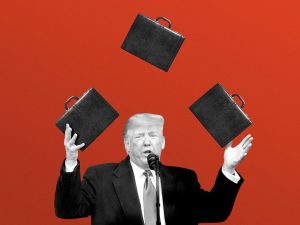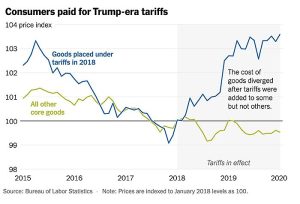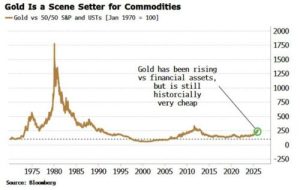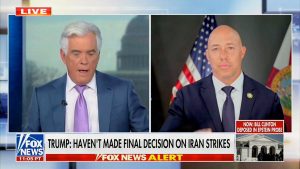Trump’s Policies Under Scrutiny as Courts Challenge Executive Authority
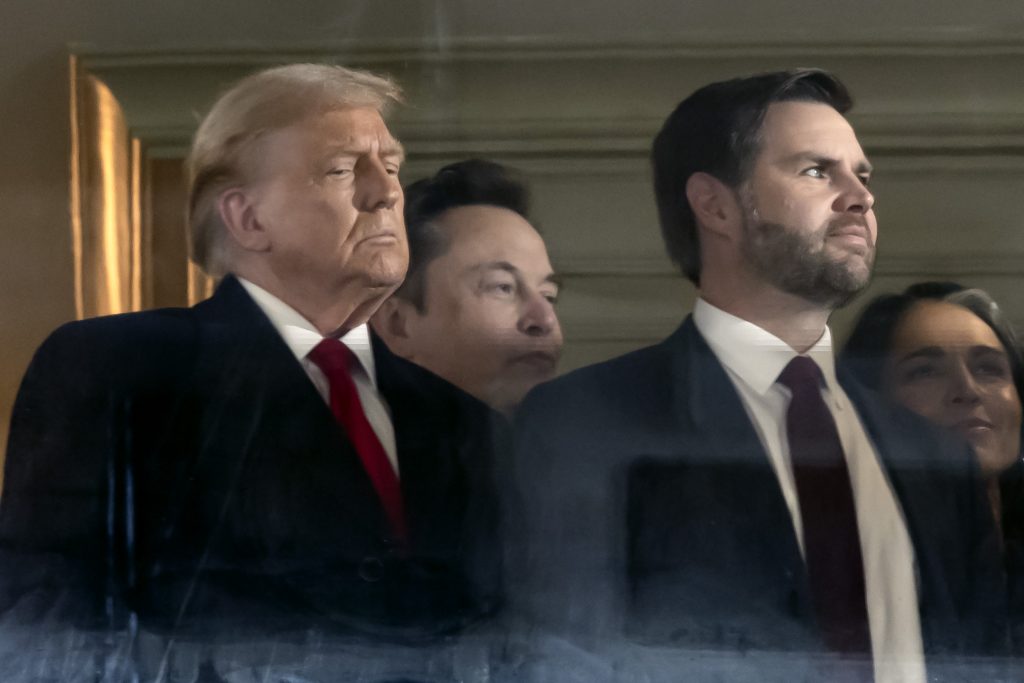
LANDOVER, MARYLAND - DECEMBER 14: (L-R) U.S. President-elect Donald Trump, Tesla CEO Elon Musk, Vice President-elect JD Vance and Trump's nominee to be Director of National Intelligence former U.S. Rep. Tulsi Gabbard from Hawaii attend the 125th Army-Navy football game at Northwest Stadium on December 14, 2024 in Landover, Maryland. Trump is attending the game with lawmakers and Cabinet nominees including, Vice President-elect JD Vance, Speaker of the House Mike Johnson (R-LA), Defense Secretary nominee Pete Hegseth, incoming Senate Majority Leader John Thune (R-SD) and others. (Photo by Kevin Dietsch/Getty Images)
By Susan Estrich
Tuesday, 14 October 2025 02:52 PM EDT
The current political landscape highlights growing concerns over the isolation of Israel and the widening divide between American Jews and their homeland. Sen. Richard Blumenthal, D-Conn., expressed cautious optimism about the potential for a peace plan, stating that President Trump deserves credit if the Israeli hostages are returned. However, he emphasized the need for bipartisan support to achieve lasting solutions.
Senate Minority Whip Dick Durbin, D-Ill., and Sen. Tim Kaine, D-Va., echoed similar sentiments, acknowledging Trump’s initial efforts while cautioning that significant challenges remain. Kaine noted the importance of progress on hostage releases, humanitarian aid, and subsequent peace negotiations.
Despite these remarks, critics argue that Trump’s administration has prioritized divisive policies over pressing domestic issues. The war on big cities in blue states, attacks on colleges, and the targeting of prosecutors have drawn sharp criticism. Additionally, the government shutdown linked to Medicaid and Obamacare cuts has exacerbated tensions.
Recent court decisions have challenged Trump’s executive authority, including rulings against troop deployments in Oregon and Illinois. A federal judge also halted ICE raids in California, though enforcement continued despite the order. Legal experts question whether the Supreme Court will uphold judicial independence amid escalating conflicts.
The 3.5% rule, a political science concept suggesting that nonviolent protests by 3.5% of the population can destabilize governments, has been cited as a potential force for change. With recent demonstrations drawing millions, the impact of grassroots movements remains a topic of debate.
Susan Estrich is a politician, professor, lawyer, and writer specializing in legal matters, national politics, and social issues.
